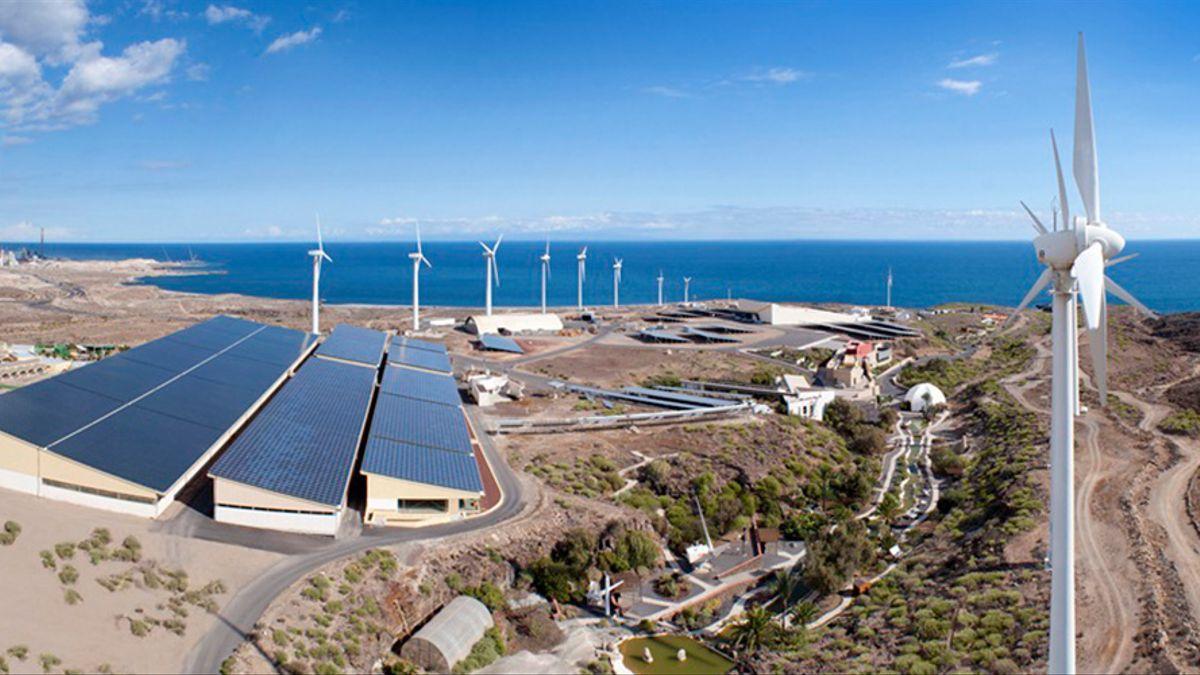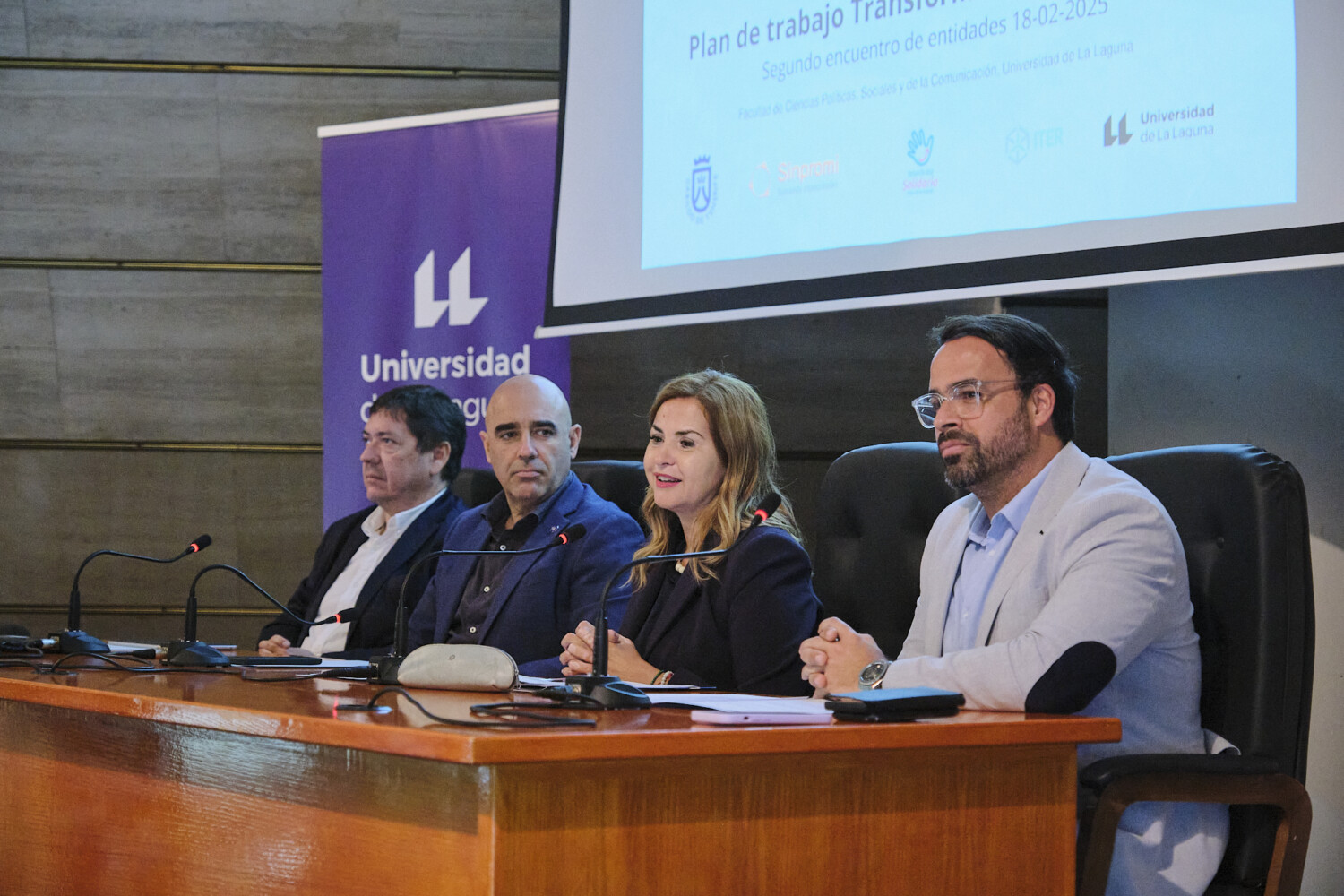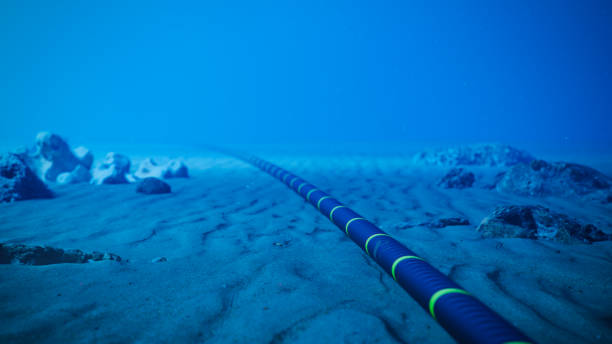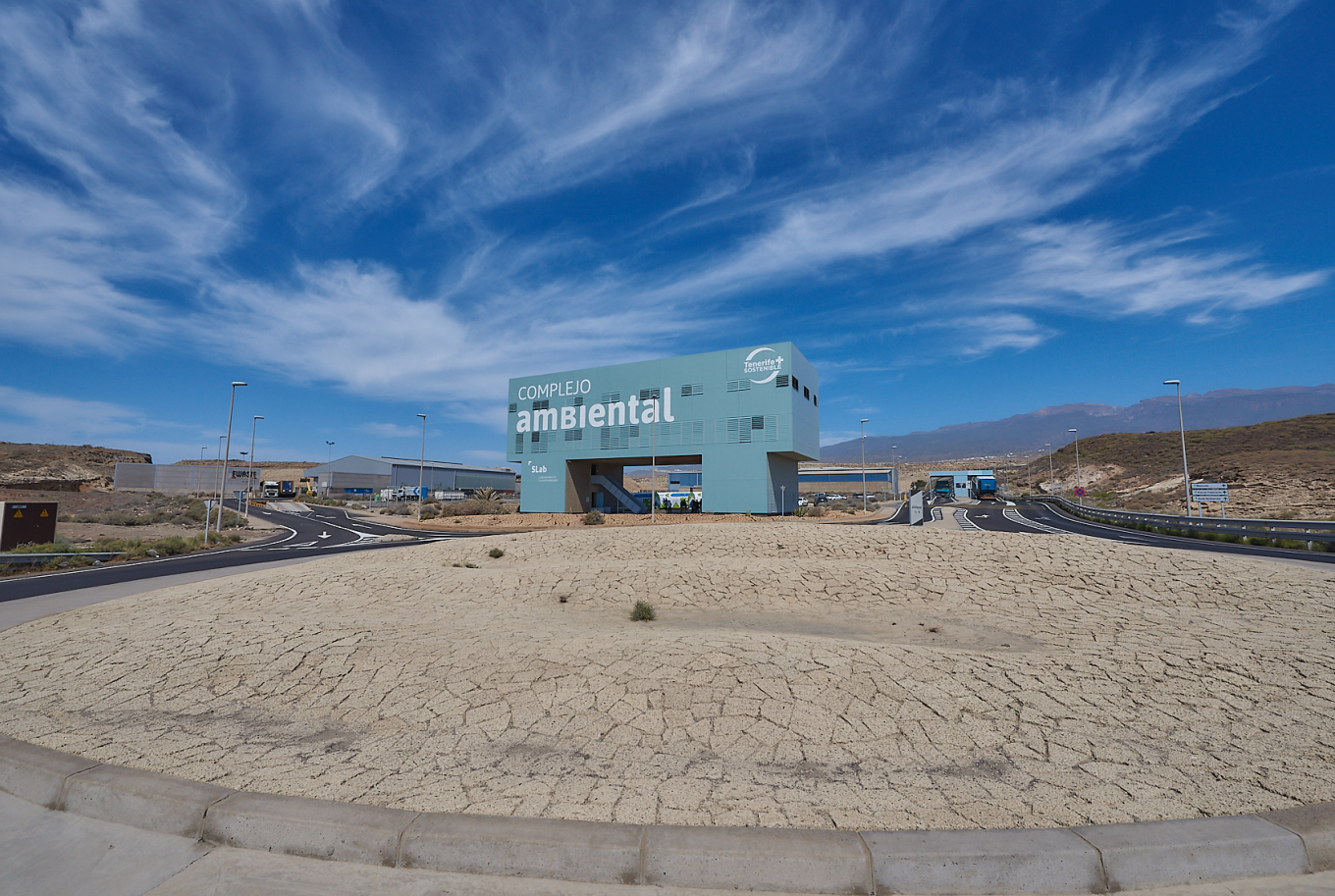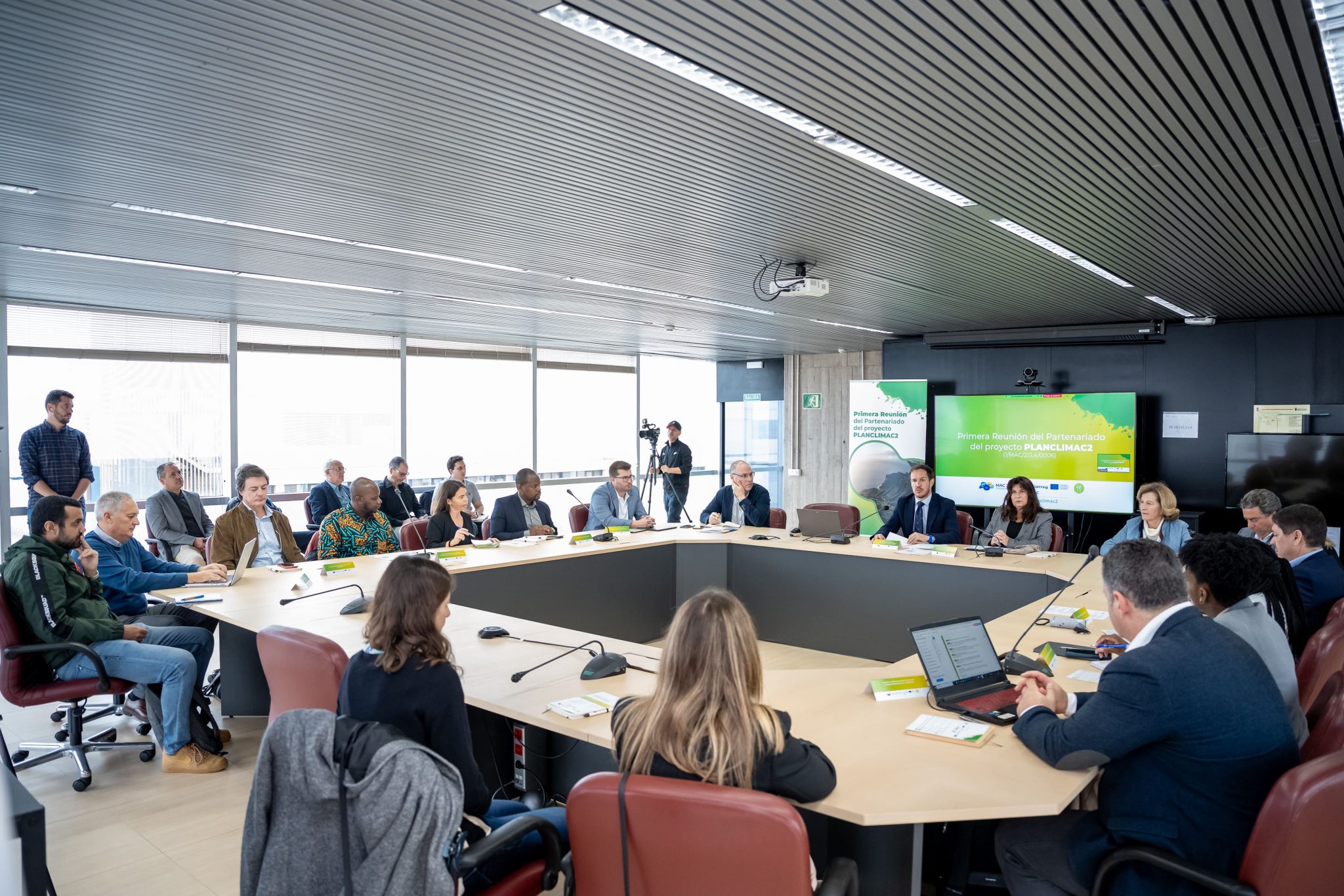On April 28, ITER will host the second conference of the European hotel industry association, which will address some success stories in hotel sustainability and will include a visit to the Bioclimatic Houses.
Professionals from the tourism sector, business and teaching will discuss the sustainability challenges facing the main engine of the Canary Islands economy during the 86th General Assembly of HOTREC, the European employers’ association for the hospitality industry, which meets from April 26 to 28 in Adeje.
The thematic panel discussion will take place on April 28th in the morning within the framework of the second working day, which will bring the hundred or so delegates to the ITER facilities in Granadilla de Abona.
The visit to ITER has been included in the program of this business conclave by Ashotel, as host association, with the aim of making known a lesser known facet of our traditional tourism resources, as well as the research and innovation work of the institute, carried out in the Islands with a fundamental role in the generation of knowledge and synergies to achieve a more sustainable tourism.
This second day of work, which will begin with a guided tour of the Visitors Center and the Bioclimatic Houses of ITER, will continue with a panel discussion with the participation of Noemí Padrón, professor of Economics at the University of La Laguna and researcher of the European project Myriad-EU; Guillermo Galván, coordinator of the Wind Energy department of ITER; Sandra Herrera, director of Marketing and Sales of GF Hotels; and Jorge Marichal, president of Ashotel and CEHAT. Coordinated by Marta Machado, deputy general manager of Hotrec, they will discuss whether the tourism sector is prepared to face the current challenges in terms of sustainability. It will be a meeting point for the exchange of real experiences that some associated and European companies have implemented in terms of sustainability.
Both Hotrec and Ashotel collaborate with Myriad-EU, a project in which the University of La Laguna participates together with other European knowledge centers and different economic sectors, and in which, through five pilot initiatives under development in different European regions (Canary Islands, Danube, Veneto, North Sea and Scandinavia), which act as laboratories, the risks and management of natural disasters (volcanological, seismic, pandemic or related to climate change, among others) are analyzed. In the Canary Islands, given its strong volcanic activity and geographical location, together with the problems of governance and dependence on tourism for economic development, the analysis of multiple risk and hazard scenarios are essential for resilience.
About the 86th Hotrec Assembly
Founded four decades ago, Hotrec promotes the key role of the hospitality and tourism sector in Europe. It acts as a forum for exchange and helps to promote a regulatory framework and business environment in which to deliver maximum value to European society and the economy. It is based in Brussels and is constituted as a non-profit association. It currently comprises 46 national associations in 35 countries and is the voice of the hospitality industry in Europe. Hotrec represents 1.7 million companies, mainly SMEs, and generates 9.5 million jobs (4.4% of total employment in Europe).
Every six months, the European employers “association holds its General Assembly in the country that is scheduled to hold the presidency of the European Union in the next six-month period. Spain will become president of the EU as of July 1, 2023 and the Hotrec assembly will be part of the regular meetings held between national employers” associations and the country’s administration to exchange ideas on how to generate tourism in the complex EU legislation emanating from the Commission, the Council and the European Parliament.
Tenerife was the destination chosen last October in Stockholm as the venue for the next assembly of the European hotel industry, which has Ashotel as host association, in addition to the Spanish Confederation of Hotels and Tourist Accommodation (CEHAT) and Hostelería de España as co-organizers.
Living Lab Bioclimatic Houses ITER
In March 1995, ITER, together with the Cabildo Insular de Tenerife, organized an International Competition for the construction of 25 bioclimatic houses, endorsed by the International Union of Architects. The bioclimatic urbanization, finally formed by 24 examples of bioclimatic architecture, has been consolidated as a living laboratory in the Canary Islands.
Throughout the more than 25 years of this project, several residential models are designed based on the results of the competition, the urbanization is executed based on the combination of different bioclimatic strategies, design patterns are defined for the optimization of energy consumption and sustainable energy generation in single-family houses for hot climates, data are collected and recorded for more than 10 years the environmental parameters that define the indoor and outdoor environment of the houses and, subsequently, the physical parameters of the monitoring are integrated with the circumstantial, physiological and sociological ones thanks to the data provided by the users, incorporating new IoT and Big Data technologies.
More information at https://iter.es/casas-bioclimaticas/


